Germany blocks Taiwanese takeover of chip supplier
By France24
06 February 2022 |
6:06 am
The German government has blocked a Taiwanese company from buying chip supplier Siltronic. The €4.3 billion deal would have had a major impact on the semiconductor industry. Germany – and the European Union – are trying to protect domestic producers from foreign takeovers, while boosting their own share of the chip market. Also in the show: eurozone unemployment hits a record low, and the overnight hit game Wordle gets sold to The New York Times.
Related
Related
14 Apr
TikTok is seemingly developing a photo-sharing app like Instagram.
2 days ago
For the first time ever, a woman is commanding a German navy combat unit. But women are still underrepresented in the Bundeswehr.
4 days ago
While visiting Shanghai, German Chancellor Olaf Scholz has argued that the European market must be open to Chinese cars. However, he said that competition must be fair.
2 days ago
With Nigeria’s key lending rate at 24.75 per cent, developers in Nigeria’s real estate sector say the rate is fast impacting the growth of the industry. How are developers adapting to market shifts and new opportunities amid these challenges? Ayoolanrewaju Kuyebi, the MD and CEO GMH Luxury joins CNBC Africa for this discussion.
2 days ago
In Nigeria, a pharmacist's club create awareness about andropause. They de-stigmatizes andropause and advocates regularly healthy checks.
Latest
3 hours ago
Kenya's military chief Gen. Francis Ogolla, was among 10 people killed in a helicopter crash in the Cheptulel area of Kenya's Rift Valley region, on Thursday, Kenyan President William Ruto confirmed.
4 hours ago
Viral publications on social media are claiming that Princess Salma of Jordan shot down six Iranian drones late on Saturday. Jordan is the latest target of misinformation following its role in defending Israel against Iran's drone and missile attack. We explain in this edition of Truth or Fake.
4 hours ago
Canada's Peel Region police said Wednesday (April 17) that nine people, including Air Canada employees, are facing charges in connection to the $20 million Toronto Pearson airport gold heist that was meticulously carried out exactly one year ago.
1 day ago
Find these stories and much more when you grab a copy of The Guardian on Friday.
1 day ago
According to the International Monetary Fund (IMF), a 10% rise in the dollar on the currency market would push down real gross domestic product (GDP) in emerging economies by 1.9% after one year, with adverse economic effects lasting more than two years
1 day ago
As the US government and its allies mull new sanctions on Iran after Tehran's missile and drone attack on Israel, we look at whether existing sanctions have been effective at stemming the flow of Iranian oil to global markets.
×

Get the latest news delivered straight to your inbox every day of the week. Stay informed with the Guardian’s leading coverage of Nigerian and world news, business, technology and sports.


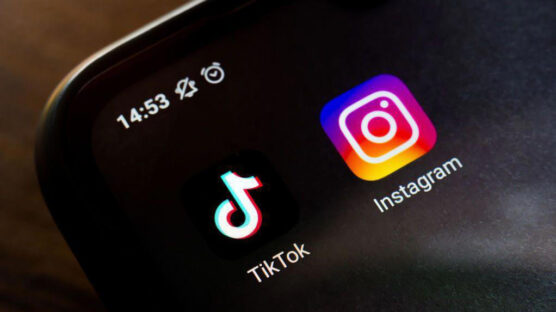

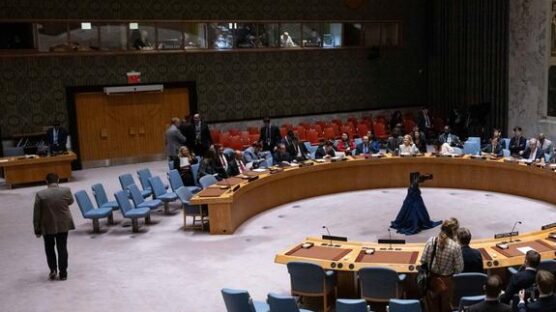
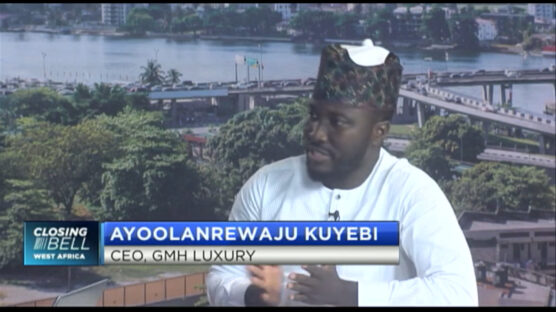
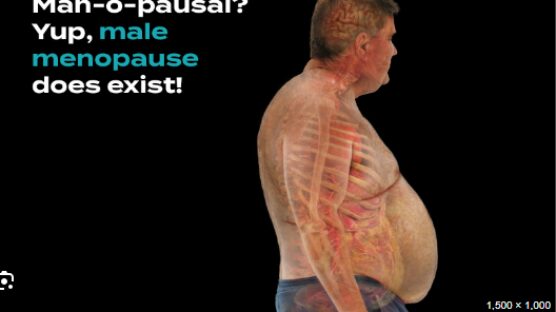
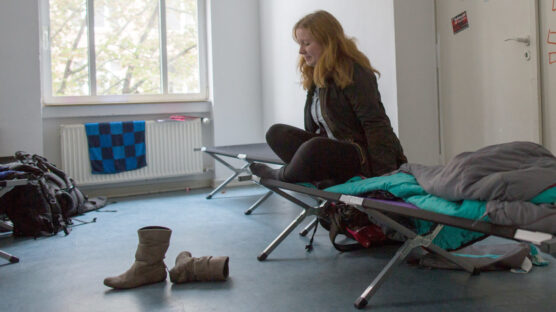






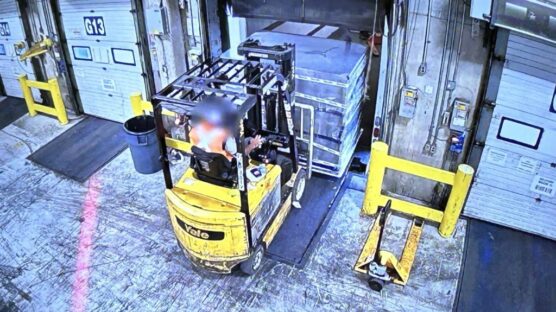



0 Comments
We will review and take appropriate action.